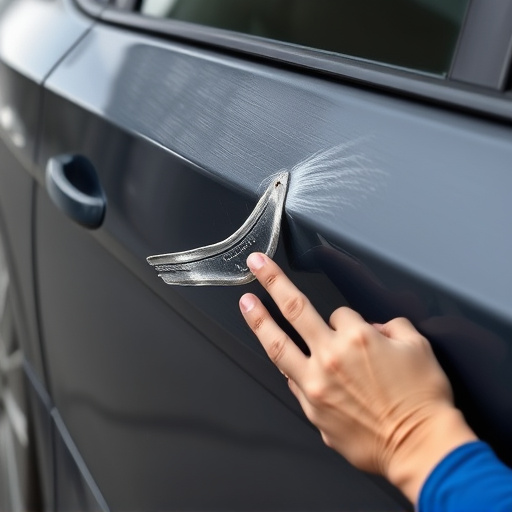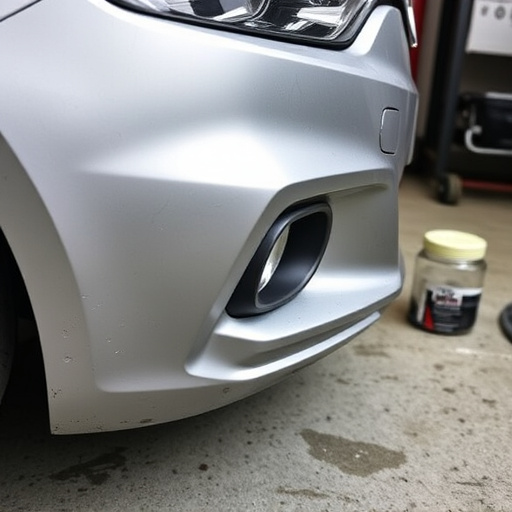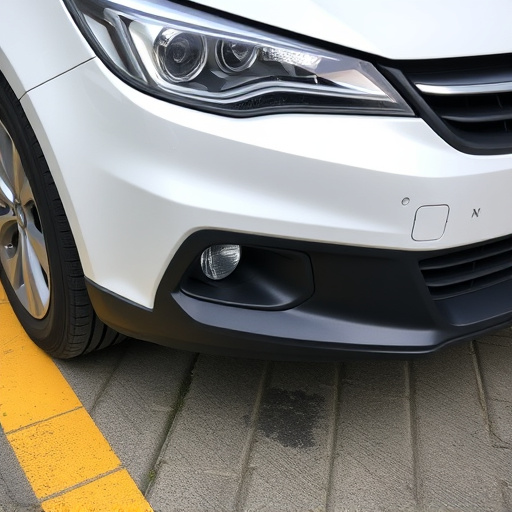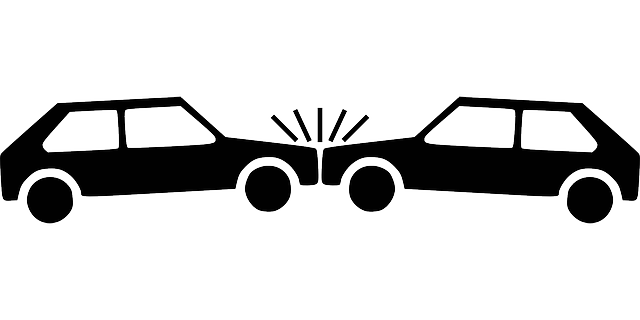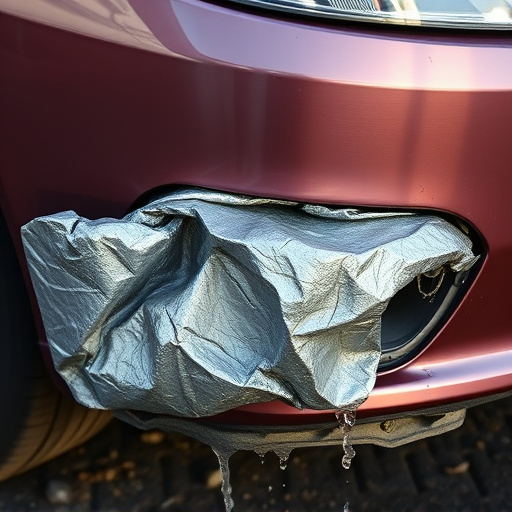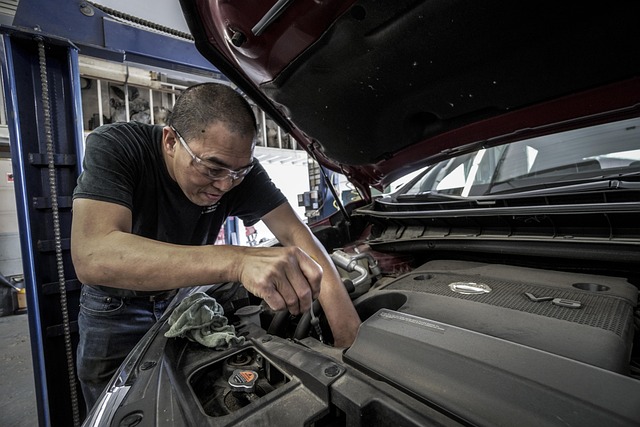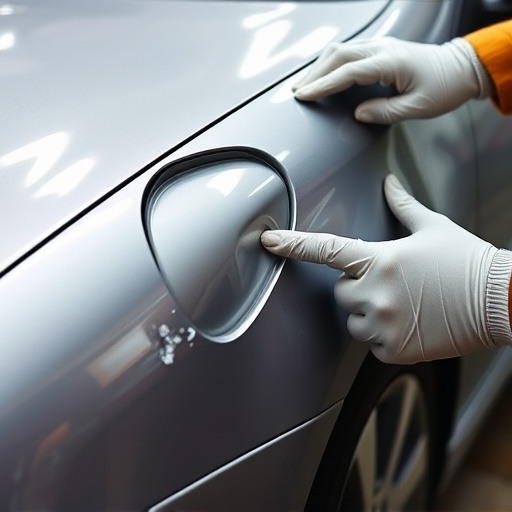Understanding insurance repair warranties is crucial for vehicle owners to make informed decisions about auto maintenance. These warranties cover specific repairs after qualifying events, but exclude routine tasks and pre-existing conditions. Choosing a dealership ensures access to specialized training, manufacturer-approved parts, and convenience. Navigating claims requires reading the policy, using dealership resources, providing detailed information, maintaining clear communication, and meticulous record-keeping for improved success rates.
When you invest in a new or used vehicle, understanding the provided insurance repair warranty is crucial. This article guides you through the intricacies of dealership repair warranties, shedding light on what they cover and common exclusions. We explore the benefits of using a dealership for warranty service, including specialized expertise and genuine parts. Additionally, we offer practical tips for navigating the claims process, ensuring a smooth experience when repairs are needed under your coverage.
- Understanding Insurance Repair Warranties: What They Cover and Exclusions
- Benefits of Choosing a Dealership for Warranty Service
- Navigating Claims: Tips for Successful Repair Warranty Claims Process
Understanding Insurance Repair Warranties: What They Cover and Exclusions

Understanding Insurance Repair Warranties: What They Cover and Exclusions
When it comes to dealing with vehicle repairs, having an insurance repair warranty can offer significant peace of mind. These warranties are designed to cover the cost of specific auto maintenance and car bodywork services after a qualifying event, such as an accident or natural disaster. However, it’s crucial to understand both what is included and what is excluded in such policies.
Auto repair warranties typically cover labor costs for qualifying repairs, along with the replacement of parts that are deemed defective. This can include everything from fixing minor dents and dings to more extensive car repair services like engine or transmission work. However, certain types of damage or wear and tear might not be covered. Exclusions often include routine maintenance tasks, such as oil changes, tire rotations, or brake pad replacements, which are generally considered the responsibility of the vehicle owner through regular auto care practices. Additionally, some warranties may not cover pre-existing conditions or parts that have been improperly installed or maintained by non-authorized service centers.
Benefits of Choosing a Dealership for Warranty Service

Choosing a dealership for your insurance repair warranty can offer several advantages. Dealerships often have specialized training and access to manufacturer-approved parts, ensuring that any repairs or maintenance are carried out to the highest standards. This level of expertise can be particularly beneficial when dealing with complex issues or the latest vehicle technologies.
Additionally, dealing directly with a dealership provides convenience and peace of mind. They can coordinate with your insurance company on your behalf, streamlining the claims process. Moreover, dealerships often have comprehensive service centers offering not just repair services for damages like car dent repairs but also a wide range of body shop services and tire services to cater to various vehicle needs.
Navigating Claims: Tips for Successful Repair Warranty Claims Process

Navigating Claims: Tips for Successful Repair Warranty Claims Process
When dealing with an insurance repair warranty, understanding the claims process is crucial to ensuring a smooth and efficient resolution. The first step involves thoroughly reviewing your policy terms and conditions, including what constitutes a covered repair and any specific procedures for filing a claim. Many dealerships offer online platforms or dedicated customer service teams to guide you through this process. Providing accurate and complete information about the issue, along with relevant diagnostics or estimates from a trusted vehicle body shop, is essential.
Remember that clear communication is key. Documenting the problem, whether it’s an auto dent repair or more intricate auto detailing work, can help in justifying your claim. Keep records of all interactions, including dates, names, and any promises made during discussions with dealership representatives or insurance claims adjusters. This meticulous approach enhances the chances of a successful claim, ensuring you receive the necessary repairs or compensation without undue delays.
When selecting an insurance repair warranty, choosing a dealership offers numerous advantages. Their expertise and access to specialized parts streamline the claims process, ensuring faster repairs and reduced hassle. By understanding coverage details, being aware of potential exclusions, and familiarizing yourself with the claims procedure, you can make informed decisions. Dealership warranties provide peace of mind, guaranteeing quality repairs and protecting your investment.




